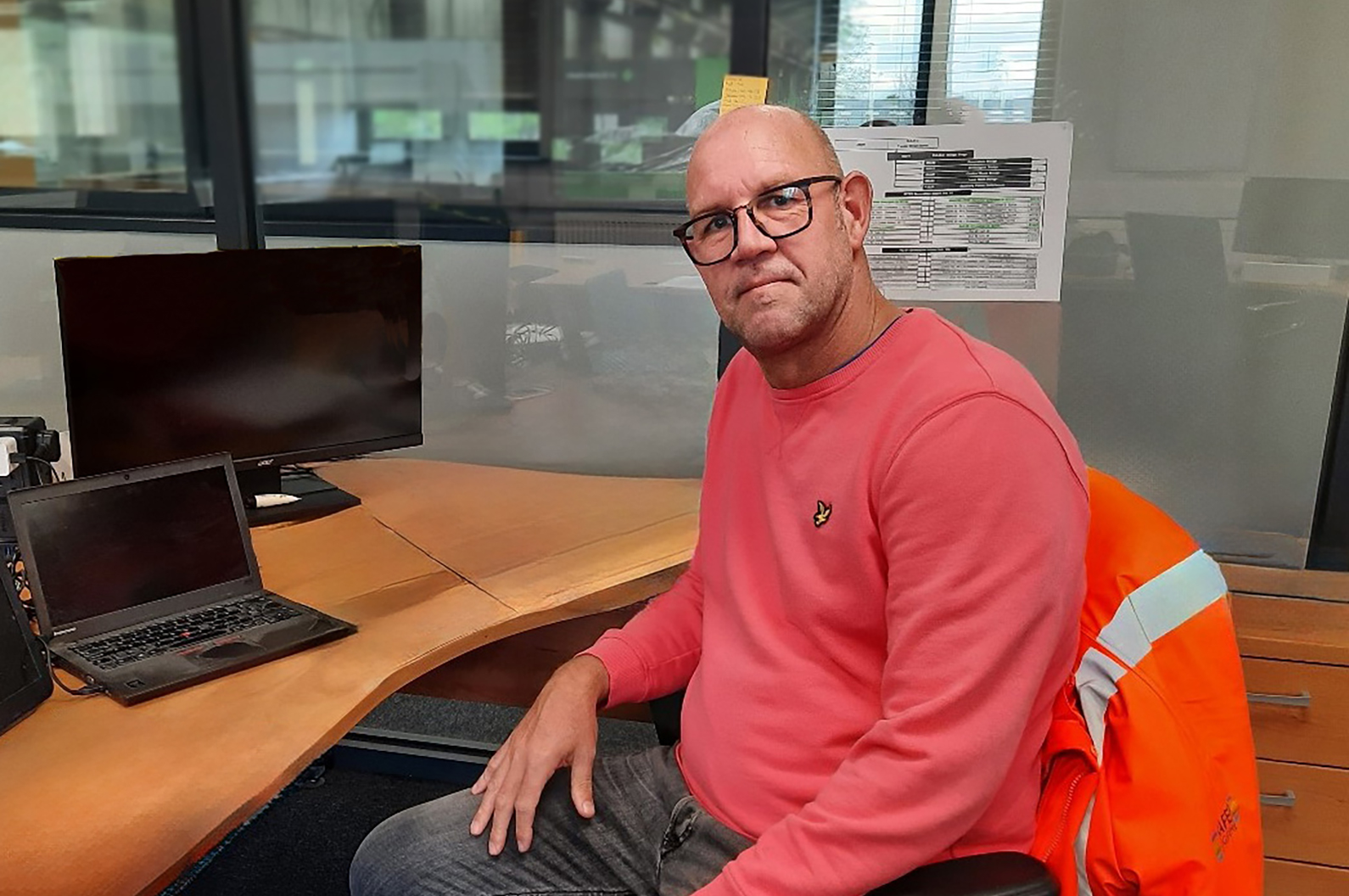A Day in the Life - QA/QC Inspection

Meet David Channon, Lead Quality Engineer who oversees the off-site work carried out by sub-contractors for the Electrical Distribution Network Upgrade Project for Sellafield Ltd.
Can you provide an insight into your career?
I left school back in 1986 with no qualifications to my name and no direct career path. This is when stumbled into engineering, putting myself through college and becoming a qualified welder fabricator. From here, I was lucky enough to get a job within the nuclear sector and spent the next ten years at a company in Lancashire, followed by six years with another firm in Bury. This is where I upskilled to become a welding inspector.
This was my first taste of an inspector role and from there decided I wanted to expand my knowledge and grow. I went on to work at various companies, gathering vital experience in different fields. During this time, I gained several qualifications including, PCN Level 2 in Radiography Interpretation, Dye Penetrant Inspection / Magnetic Particle Inspection testing, which lead me to becoming a senior welding inspector.
Can you tell us a bit about your time at Stork?
I began working for Stork back in February 2021. My first role, as a QA/QC inspector, was in Cambridge overseeing the fabrication of Swarf Storage Silo (MSSS) / Pile Fuel Cladding Silo (PFCS) boxes for Sellafield. Since then, I have recently transitioned into the role of Lead Quality Engineer. Working on a variety of different projects has helped me advance confidence and experience.
I have been able to progress in my career through continual development and learning, which has been strongly supported by Stork. They advocate upskilling, offering courses and qualifications that will benefit not only the company, but also the employees.
What does a QA/QC Inspection role entail?
First and foremost, as a representative of Stork you must understand the role that they play regarding nuclear safety requirements. This certainly applies to the work I do as it covers Sellafield Quality Grades QG01 and QG02.
The role of a QA/QC Inspector is to monitor operations to ensure that they meet production standards, specifications and contract requirements. This could include inspecting, testing, surveillances and measuring various components/ fabrications. Also, the review of related documentation i.e. welding, non-destructive testing, dimensional reports and material certifications.
QA/QC inspectors work across a variety of sectors, both on site and in the vendor manufacturing supply chain. These sectors include power and nuclear, oil and gas, renewables, marine, defence, and utilities.
What difference to our clients, their contracts and sites does Stork make?
From my experience, with a role that can be challenging at times, we do our utmost to deliver a quality product. All to our client’s requirements, ensuring that everything is manufactured in a safe environment for all involved. Our client’s expectations are understandably high, due to the levels of safety and security throughout the nuclear industry. This requires the supply chain to deliver goods and services to agreed specified requirements. Stork ensures this and we as inspectors, must understand the role that we play and how it can impact not only the associated plant but potentially the wider consequences. This is how we make a difference. Safety will always remain the number one priority.
What do you believe are the benefits having a QA/QC inspector within the supply chain?
QA/QC inspectors play a crucial role within the supply chain by ensuring:
- Consistent product quality and safety that meets all predefined standards.
- Risk reduction by identifying potential problems before they escalate and lead to costly re-work. Ultimately avoiding defective products progressing further.
If you’d like to find out more about a role as an inspector,please email careers@stork.com.